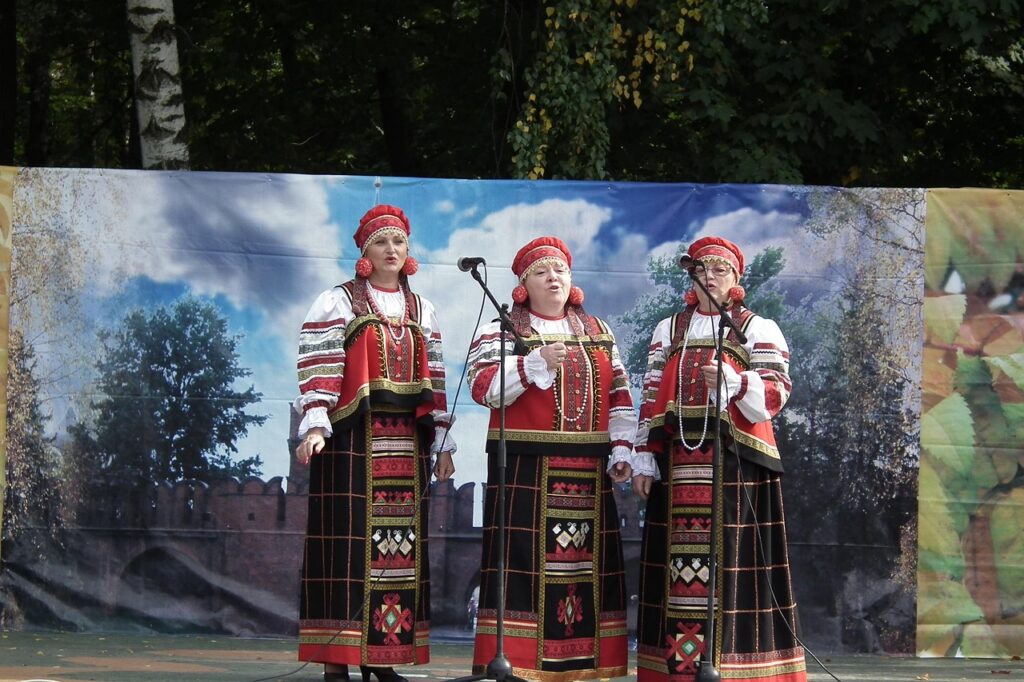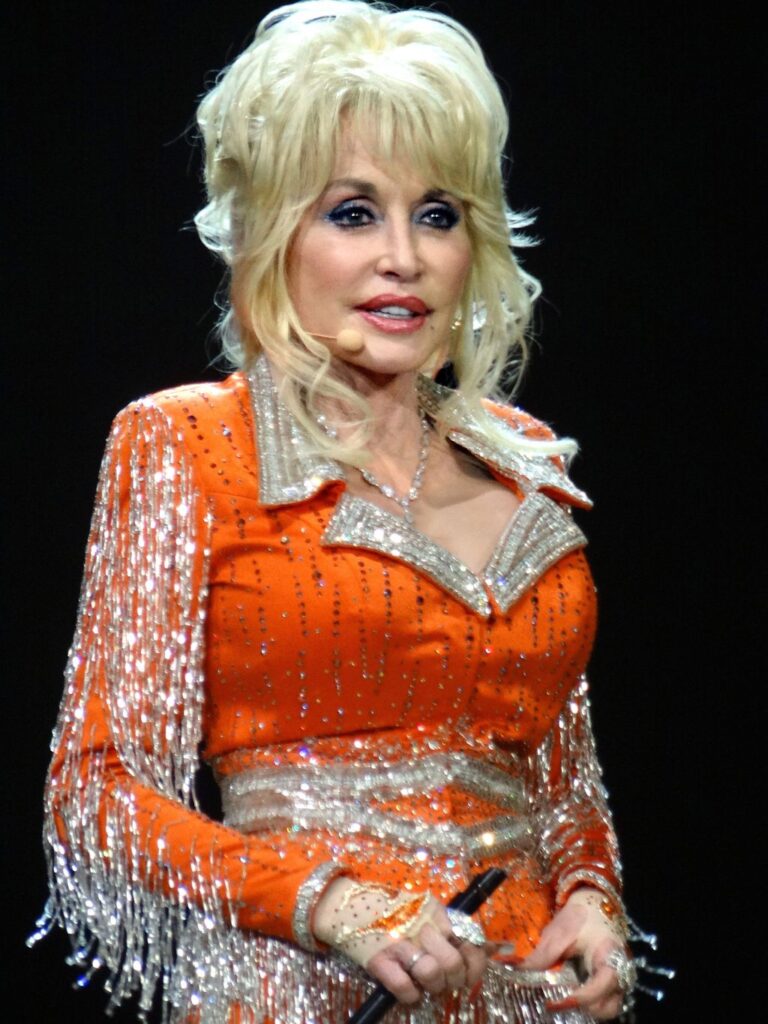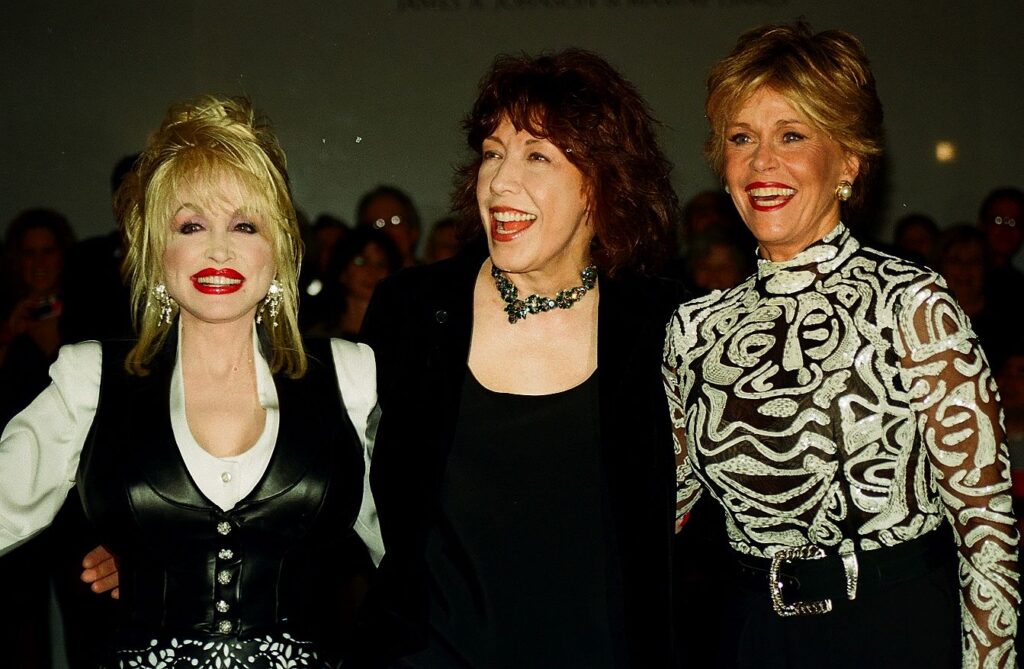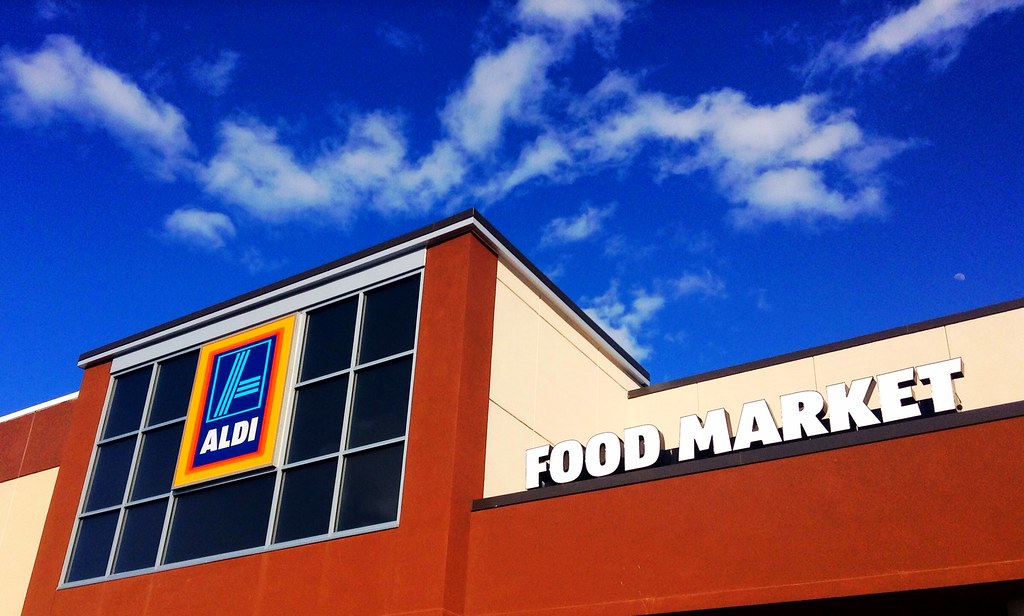
In a moment that transcended the intimate setting of a Cotswolds village gig, British folk-rocker Dolly Mavies, whose real name is Molly Davies, ignited a global conversation last month by walking out of her own scheduled performance. The singer-songwriter’s decision, prompted by the potential presence of U.S. Vice President JD Vance, underscored a profound clash of principles against professional obligation, drawing immediate and intense scrutiny from both admirers and detractors worldwide. This incident swiftly moved beyond a mere local occurrence, evolving into a significant narrative reflecting contemporary public sentiment on political engagement, artistic integrity, and the power of individual protest.
The unfolding events in Daylesford, a quaint village in the Cotswolds, captured the attention of a diverse audience, from local villagers frustrated by the disruption of a high-profile visit to American citizens resonating with Mavies’ stance amid what many perceive as a period of national uncertainty. Her actions, initially shared through social media, rapidly gained traction, morphing into a testament to the ripple effect that a singular, principled stand can create in an interconnected world. The subsequent outpouring of support and critical commentary has illuminated the complex interplay between celebrity, politics, and the digital age, inviting a deeper examination of the incident’s numerous facets.
This article delves into the sequence of events that led to Mavies’ impactful decision, the immediate aftermath, and the initial wave of responses. We will explore the specifics of her experience, the rationale behind her walkout, the ensuing debate regarding Vice President Vance’s actual attendance, and how her principled stance reverberated across international online communities, attracting both commendation and critique. Through a detailed account, we aim to provide an authoritative perspective on an incident that continues to spark discussion on the role of artists in political discourse and the nature of modern protest.

1. **Dolly Mavies’ Unprecedented Walkout**British folk-rocker Dolly Mavies initiated an unexpected and widely reported incident last month when she made the decision to exit her own gig. The singer-songwriter, whose legal name is Molly Davies, was slated to perform at an event in Daylesford, a picturesque village nestled within the Cotswolds. However, upon discerning that U.S. Vice President JD Vance was expected to be in attendance, Mavies and her band made the resolute choice not to proceed with their performance.
This immediate and firm response to the potential presence of a high-profile political figure underscored a profound conviction. Mavies explicitly articulated her rationale, stating that she and her band were “not fans of his” and consequently decided that the performance “wasn’t for us.” This declaration highlights a refusal to compromise personal beliefs for professional engagements, a theme that resonated significantly with a broad spectrum of observers.
The act of abandoning a scheduled concert, particularly one that entailed a day of work and payment, represented a considerable professional sacrifice for the artist. Mavies acknowledged the financial implications of her decision, underscoring that the walkout was not taken lightly. This commitment to principles over economic gain became a central tenet of the narrative surrounding her actions, distinguishing her protest as one rooted in deeply held moral convictions rather than mere convenience or caprice.

2. **The Scene Unfolds: Suspicion and Security**The events leading up to Dolly Mavies’ walkout began with an unusual observation at the venue. Upon arrival in Daylesford, Mavies and her band grew “suspicious” due to an uncharacteristic increase in security. As Mavies recounted to the BBC, there was “a lot of security around, which there isn’t normally, and then a huge convoy of police motorbikes and very big cars.”
This heightened security presence, described as a “massive security lockdown” by Dean resident Jonathan Mazower, signaled the imminent arrival of a very important person. The scale of the security measures, including road closures, sniffer dogs, and strict ID checks, was considered “totally off the scale” compared to typical local arrangements, even in an area accustomed to VIP visits, such as those by former Prime Minister David Cameron.
The observations by Mavies and her band were subsequently confirmed by reports indicating that the event was indeed being held for Vice President Vance, who was supposedly “going to be there for the day.” This revelation solidified their initial suspicions, directly linking the unusual security apparatus to the vice president’s visit. The juxtaposition of a casual musical performance with such a high-level security operation evidently created an untenable situation for the performers.

3. **A Stance of Principle: Morals Over Money**Dolly Mavies articulated her decision to walk out of the gig as a matter of deeply held conviction, emphatically stating that “morals are more important than money.” This declaration provided the ethical framework for her controversial action, positioning it not as a spontaneous outburst but as a deliberate choice guided by her values. The context of her statement underscored a willingness to forgo financial gain in adherence to her ethical principles.
For Mavies, the act of performing transcends mere entertainment; it is inherently linked to “connection, authenticity, and integrity.” In a statement released subsequent to the incident, she further elaborated on her motivation, asserting a desire to utilize her platform to champion human rights and to “support the voices of those often silenced.” This broadened perspective clarified that her protest was not solely an individual expression of disapproval but also an act of solidarity.
The singer’s commitment to these principles meant declining to “entertain him”—referring to Vice President Vance—and by extension, to participate in an event that, in her view, would compromise her artistic and moral integrity. This stance illuminated the broader question of artists’ responsibilities to their audiences and to society, particularly when faced with political figures whose ideologies conflict with their own. Her decision highlighted the potential for art to serve as a medium for moral and political expression.

4. **The Question of Vance’s Actual Presence**A critical element of the controversy surrounding Dolly Mavies’ walkout was the ambiguity regarding Vice President JD Vance’s actual attendance at the Daylesford event. While Mavies and her band were informed that Vance was expected, and reports widely circulated that he was at the venue, subsequent information introduced a layer of complexity to these claims. A source familiar with Vance’s plans explicitly told the BBC that he did not attend the event, nor did he ever have plans to be there.
Despite this clarification, it was confirmed that Vance had indeed been in Daylesford earlier that day. He had visited the local farm shop, which was the very location where Mavies was due to perform. This detail helps to contextualize the initial widespread belief in his attendance, as his presence in the immediate vicinity would understandably lead to such assumptions among the event organizers and performers.
The discrepancy between the circulated reports and the official denial from a source close to Vance created a nuanced narrative. While Mavies’ decision was based on the credible information she received at the time, the subsequent revelation complicated the public’s understanding of the incident. This highlights how perceptions, particularly concerning high-profile political figures, can be shaped by immediate information and local context, even if later contradicted.

5. **An Avalanche of Global Support**Following her decision to walk out, Dolly Mavies experienced an extraordinary outpouring of support that rapidly transcended local and national boundaries, reaching a global audience. Her initial social media post detailing the experience, particularly an “now-viral Aug. 11 video on TikTok,” served as a catalyst, attracting an influx of “wonderful comments and support from people all across the world.” This rapid dissemination underscored the power of digital platforms in amplifying acts of protest and solidarity.
Notably, Mavies observed an “overwhelming sense of support in America.” She attributed this robust backing to a pervasive feeling of “uncertainty” and fear among many American citizens, suggesting that her actions provided a voice for those who felt unheard. Her decision resonated deeply with individuals seeking expressions of dissent against political figures, transforming her local protest into a symbol for broader national sentiments.
Messages of commendation flooded in from various corners of the internet, reflecting widespread approval. Comments such as “Love that you took a stand. So many are bending the knee,” and “Thank you so much! Signed, an American,” demonstrated the immediate and personal impact of her actions. Further international support was evident with comments like “Canada supports you. Come play for us” and “New huge fan from Canada!!!,” illustrating the broad appeal of her principled stance across different nations.
Read more about: Anne Hathaway’s On-Set Standoff: Unpacking the Viral Paparazzi Confrontation and ‘Devil Wears Prada 2’ Buzz

6. **Deflecting the “PR Stunt” Allegations**In the wake of the widespread attention and support garnered by her walkout, Dolly Mavies faced a counter-narrative, with some critics accusing her of orchestrating a deliberate “PR stunt.” This accusation suggested that her actions were not genuinely motivated by principle but rather a calculated effort to gain publicity and advance her career. Mavies, however, firmly and publicly refuted these claims, asserting that such an intention was far from their minds.
Responding directly to the allegations, Mavies stated unequivocally, “We definitely didn’t do that at all.” She further emphasized the lack of premeditation, adding, “If we were that clever we would have done something before now.” This direct and forthright denial aimed to dismantle the narrative of cynical manipulation, reinforcing the authenticity of her spontaneous decision in the moment rather than a meticulously planned media event.
Mavies also contextualized her protest as a relatively understated act, particularly in contrast to more overt forms of dissent. She reflected, “We could’ve done something much more extravagant… leaving is the most peaceful way of protest in some way.” This perspective reframed her action as a measured and conscientious withdrawal, rather than a performative spectacle designed for maximum exposure, aligning it with her stated emphasis on integrity and principles over sensationalism.

7. **Vice President Vance’s Cotswolds Sojourn and Local Discontent**Vice President JD Vance’s visit to the Cotswolds in mid-August, ostensibly for a family summer vacation, rapidly became a focal point for local discontent and international attention. His stay at an $11,000-per-week manor house in this elite region, often referred to as the ‘Hamptons of England’ and frequented by figures such as David and Victoria Beckham and King Charles, was anything but a private retreat.
Local residents soon found themselves at odds with the implications of hosting such a high-profile political figure. Many complained that Vance’s visit left them feeling ‘completely sealed off from the outside world,’ a sentiment rooted in the extraordinary security measures implemented during his stay. This disruption contrasted sharply with the typical, albeit sometimes VIP-laden, rhythm of life in the picturesque villages.
The scale of the security operation was a primary source of frustration. Descriptions included extensive road closures, the deployment of sniffer dogs, and stringent ID checks for access, all enforced by a massive 20-vehicle security motorcade. Such measures were considered ‘totally off the scale’ when compared to routine local arrangements, even for an area accustomed to a certain level of dignitary presence, such as that of former Prime Minister David Cameron.
8. **Restrictive Security Measures and Community Alienation**The implementation of these pervasive security protocols significantly impacted the daily lives of Cotswolds residents. Local accounts, such as that provided by Dean resident Jonathan Mazower, vividly depicted a ‘massive security lockdown.’ Police officers were observed gathering personal details and vehicle registration numbers at checkpoints, creating an environment of restricted movement and heightened scrutiny.
Thames Valley Police confirmed the establishment of a ‘restricted access area… in a small part of Dean as part of our operation,’ aimed at ensuring safety during the Vice President’s visit. While authorities stated that ‘residents were under no obligation to answer any questions and were not asked about social media,’ the overall effect was one of considerable imposition on a typically tranquil community.
This level of security, far exceeding what locals had experienced even with former Prime Minister David Cameron living in the village, fostered a sense of alienation. Residents described as ‘very easy-going and tolerant’ found themselves not only inconvenienced but also politically engaged, expressing disagreement with Vance’s policies and feeling a compelling need to ‘speak out and protest.’ The disruption thus transcended mere logistical concerns, touching upon deeper civic and political sentiments.

9. **Public Demonstrations and Symbolic Resistance**The collective frustration among villagers quickly materialized into visible forms of public demonstration. As Vice President Vance toured the area, ‘large protests from villagers’ became a common sight. Groups gathered, carrying placards and banners that explicitly voiced their opposition to his presence, culminating in what was informally dubbed a ‘Vance Not Welcome Party’ in Charlbury.
One particularly notable act of symbolic resistance involved a truck driving through the area, displaying a doctored image of Vance with a bald head. This image, which had already gained traction as a ‘popular meme online,’ served as a public, visual expression of disapproval and ridicule, leveraging digital cultural touchstones to amplify local dissent in a tangible way.
These organized protests went beyond individual grumbling, demonstrating a community’s collective resolve to articulate its sentiments directly to a visiting political figure. They underscored the power of localized, yet publicly amplified, resistance to high-profile political presences, reflecting a broader contemporary trend of political engagement at the grassroots level, often facilitated by immediate digital dissemination.
Read more about: Susan Brownmiller, Radical Feminist Who Redefined Rape and Ignited a National Debate, Dies at 90

10. **Celebrity Commentary and Economic Disruption**Beyond the local populace, the Vice President’s stay in the Cotswolds also drew commentary from prominent public figures, most notably Jeremy Clarkson. The famed host of popular television shows like *Top Gear* and Amazon Prime’s *The Grand Tour*, who owns Cuddle Hill Farm in the area, publicly ‘roasted the vice president’s stay’ through social media.
Clarkson utilized his influential Instagram platform to share an image related to ‘The JD Vance no-fly zone,’ indicating the airspace restrictions imposed around his property. This unexpected turn of events directly impacted his professional endeavors, causing a ‘halt to the filming of his TV series Clarkson’s Farm.’ The security measures, designed for the Vice President’s safety, inadvertently curtailed local economic and creative activities.
In his characteristic style, Clarkson articulated the inconvenience with a mix of humor and pointed observation, noting, ‘On the downside, no drone shots today. On the upside, no annoying light aircraft.’ His commentary not only highlighted the practical disruptions faced by residents but also injected a high-profile voice into the chorus of local grievances, further amplifying the unusual nature of Vance’s visit.
Read more about: Richard Chamberlain’s Enduring Legacy: A Look at the ‘Strong in Rule’ Namesakes Shaping Entertainment and History

11. **The Charlbury Pub Mutiny: A Local Stand**Perhaps one of the most striking instances of local resistance occurred at The Bull, an early 16th-century countryside pub located in Charlbury, Oxfordshire. Vice President Vance was reportedly ‘turned away from dining’ at this establishment, an event precipitated by an extraordinary act of collective defiance from its staff members.
Reports indicated that the pub’s employees ‘staged a mutiny,’ explicitly threatening to ‘boycott work if management accepted Vance’s dining reservation.’ This unprecedented refusal to serve a visiting high-ranking American official underscored a deep-seated, principled opposition among the staff, transforming a routine service industry encounter into a potent act of political protest.
The incident garnered particular attention due to its stark contrast with a recent visit by another prominent American political figure. Former Vice President Kamala Harris had reportedly dined at the very same establishment just a few weeks prior ‘without incident,’ highlighting that the refusal was not a blanket policy against U.S. dignitaries but a specific repudiation of Vice President Vance’s presence and perceived policies. This act resonated as a powerful symbol of local moral conviction against external political influence.

12. **Enduring Repercussions and Broader Political Echoes**Vice President JD Vance’s summer vacation in the Cotswolds, characterized by significant local ‘pushback and ridicule,’ ultimately evolved into a microcosm of broader political and social tensions. The confluence of Dolly Mavies’ principled walkout, the widespread community protests, celebrity commentary, and the unique pub mutiny collectively underscored a significant undercurrent of dissent.
This local discontent, however, existed in stark contrast to the official reception Vance received in other parts of the United Kingdom. During his trip, he held talks with Foreign Secretary David Lammy in Kent, where the Labour politician expressed being ‘delighted’ to host Vance and his family. This divergence between public sentiment and diplomatic cordiality offered a nuanced view of the complexities inherent in international political visits.
The series of events in the Cotswolds, amplified by global online platforms, demonstrated how individual artistic integrity and collective community action can challenge and reshape the narrative surrounding high-profile political figures. What began as a local incident in Daylesford quickly resonated with those feeling ‘uncertainty’ and ‘scared’ in America and beyond, illustrating the ripple effect of principled stands.
Ultimately, the multifaceted reactions to Vance’s presence, from a folk singer’s quiet protest to a pub staff’s collective refusal, highlighted the enduring power of local communities to voice dissent in an increasingly interconnected world. These events echo similar instances of public criticism faced by Vance, such as being ‘drowned out by chants of ‘Free DC’’ during a visit to a Washington, DC train station, underscoring a consistent theme of political pushback that transcends geographical boundaries and specific contexts.
Read more about: Duke Cunningham, 83, Dies: Tracing the Complex Legacy of a Vietnam War Hero and Convicted Congressman
The narrative of the Cotswolds incident, therefore, extends beyond a simple story of a musician’s protest. It stands as a compelling testament to the intricate interplay between celebrity, politics, and the digital age, inviting a deeper examination of the numerous facets of public engagement and the evolving nature of modern protest.



